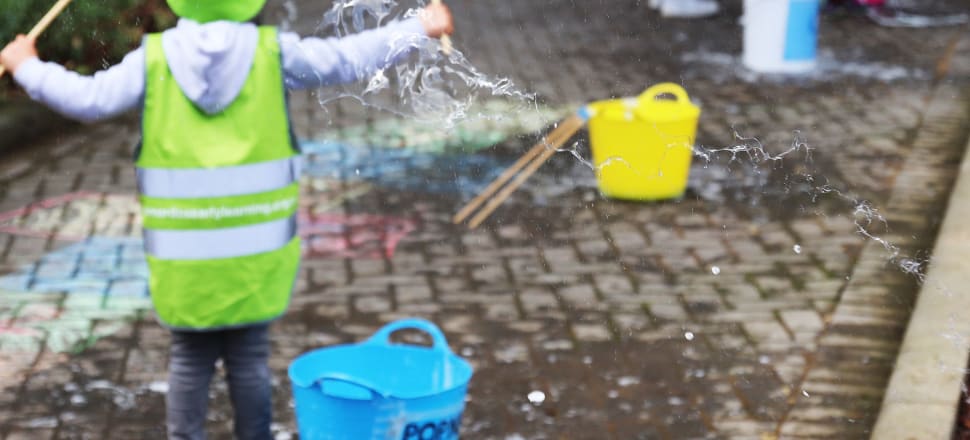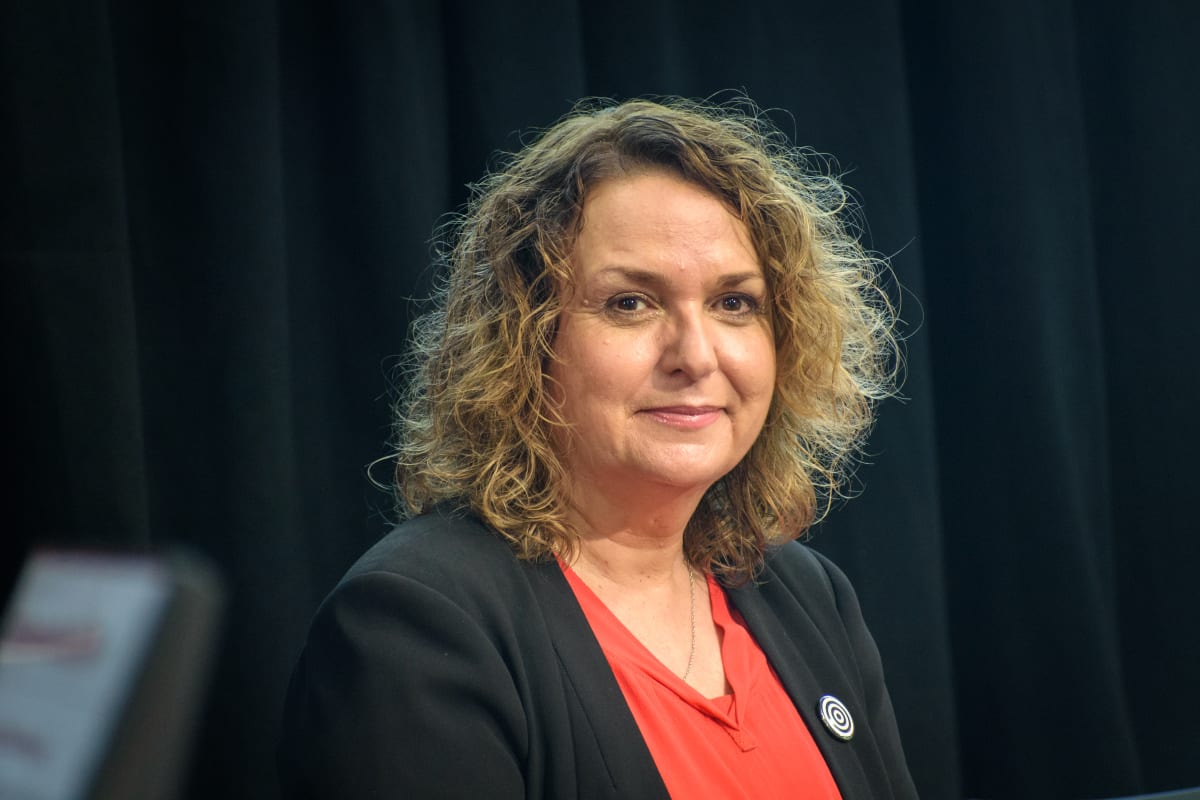
Budget 2023 makes childhood education cheaper and boosts teacher pay, but long delays in rolling out new policy has people in the sector scratching their heads
Hefty investments in early childhood education was one of the starring players in this year’s Budget, promising pay parity for ECE teachers and cost-of-living relief for parents of two-year-olds.
Almost $1.8 billion is being put into a range of initiatives that hope to fix teacher shortages and expand the age range for 20 free weekly hours of childcare.
READ MORE:
* Childcare relief slow to land for parents
* No 'major' new taxes but $80b more tax revenue
The latter is a move purported to save affected families $133.20 per week or almost $7,000 per year – but it comes with a crucial caveat.
The expanded subsidy, which itself makes up $1.2 billion of the money put into ECE, will only come into play in March of next year.
So although Education Minister Jan Tinetti called this a “win-win for families with young children”, it’s safe to say it’s not a win-win just yet.
Tinetti said the almost year-long delay was so the Government could implement regulatory changes to prevent price-gouging and there was time for computer systems to adapt.
She said new regulations such as ECE centres having to charge by the hour and publicly report on their charging will “ensure this is going to go back to the pockets of Kiwi families”.
“We are also increasing the rate of the subsidy and introducing additional conditions to help ensure the full value of the 20 hours ECE subsidy is passed on to parents,” she said. “This will enhance fee transparency for parents, helping them be better informed when choosing a service.”

So it seems young families dealing with the cost-of-living crisis will just have to hold on while the regulatory landscaping is done.
When asked why something with a more immediate impact wasn’t rolled out, Tinetti said the Government wanted a plan with a “proven track record”.
“We absolutely know that the 20 hours free is making a difference and has made a difference in the past,” she said. “We know that this one works, we've done our costings around it and we're very solid in those costings.”
Prime Minister Chris Hipkins said the plan would help “parents who are particularly under the pump”.
Community advocate and South Auckland food bank operator Dave Letele questioned this, as the parents most at need are likely to be struggling without employment and therefore not positively impacted by the subsidy.
“This Budget was good for middle New Zealand, and I'm not saying that's bad,” he said. “But overall it’s really aimed at people with a good job and kids – what about things like lower rent or power subsidies?”
He said more universally-felt wallet pains should be treated first.
“The Budget does nothing for the people we serve,” he said.
But down in Wellington, Tinetti was more positive about the move, saying it was a legacy project for Labour that began in 2007.
In the house, Greens co-leader Marama Davidson claimed the policy’s origin for her own party.
“Nine years ago we promised to extend the 20 hour ECE subsidy to cover two-year-olds and this has happened,” she said.
“Thousands of families wont be forced to pay through the roof to get their tamariki into ECE.”
But whoever’s historical brainchild the subsidy is, it’s clearly something that’s been on the cards for some time now.
Pay parity for ECE teachers has also been a long-fought battle, with government-funded teachers wondering why they aren’t getting as much as their kindergarten counterparts.
An additional $322 million will be available to ECE services from November to lift pay for teachers and move them towards parity with kindergartens. It’s a move that could see ECE teacher salaries lift by nearly 20 percent.
New Zealand Education Institute Te Riu Roa national leader and Dunedin-based ECE teacher Geena Fagan said it was a historic win for the sector.
"We've been fighting for the conditions this brings in for decades – my mum was fighting for this when I was a baby!”
She hoped pay parity would incentivise people to train as ECE teachers and fix the ongoing shortage that has plagued the sector over the past few years.
“We've worked really hard for this,” she said. We've earned this and we deserve it – it’s a huge step in the right direction.”
She said the next big goal was improving teacher-to-child ratios.
This payout builds on $587 million in total already provided to services for pay parity in the previous three budgets.
As of March 2023, 54 percent of education and care centres have opted into extended parity funding rates, and 36 percent into parity funding rates.
Fagan did however harbour some reservations about the length of time before the 20-hour subsidy expansion would actually come into play.
“We're a bit hesitant to be excited about that one, anything can happen in a year,” she said. However she also called the expansion to the subsidy “the biggest win” of the announcement.
“With the cost of living being so high and parents needing to go back to work, at the moment they often don't have a choice but to pay for childcare – so that's the biggest win.”
Subsidy increases of $260 million over the next four years will be dished out more broadly across the sector to help playcentres, kōhanga reo and home-based ECE services face the mounting pressures of rising costs.
Associate Education Minister Jo Luxton said this would reduce the need for centres to raise fees for parents and caregivers.
It also might be a matter of survival for some early learning centres.
According to the Early Childhood Council, 91 centres closed in the past 10 months.
CEO Simon Laube said the average centre enrolled about 41 children, meaning more than 3700 children and families lost their chosen early learning option in the year to date.
"New Zealand is rapidly losing its diversity of choice, starting with centres that don’t or can’t rely on significant income from parent fees,” he said prior to today's announcement.
“These closures are deeply worrying and show a worsening trend – we do not have a thriving early learning sector.”
Speaking following the announcement, Laube was pleased to see ECE take such a front and centre role in the Budget.
"We've been calling for help since Covid – it seems those calls have been listened to and that level of investment is hugely significant," he said. "It would be very hard to say ECE is a loser in this Budget."
However he said new regulations and the details of pay parity funding would need to be worked out over the next months – and he hoped it wouldn't be done in Wellington in a vacuum.
"Having made this pledge they now need to work with the sector as to what this actually looks like," he said. "We need to use this time now to get it right."
The Budget will also make sure there is such thing as a free lunch by ensuring the free school lunch programme until at least the end of next year, which has been estimated to save a family with two students around $60 a week.
$323.4 million has been earmarked for the programme, which currently feeds 220,000 students across 987 schools.







